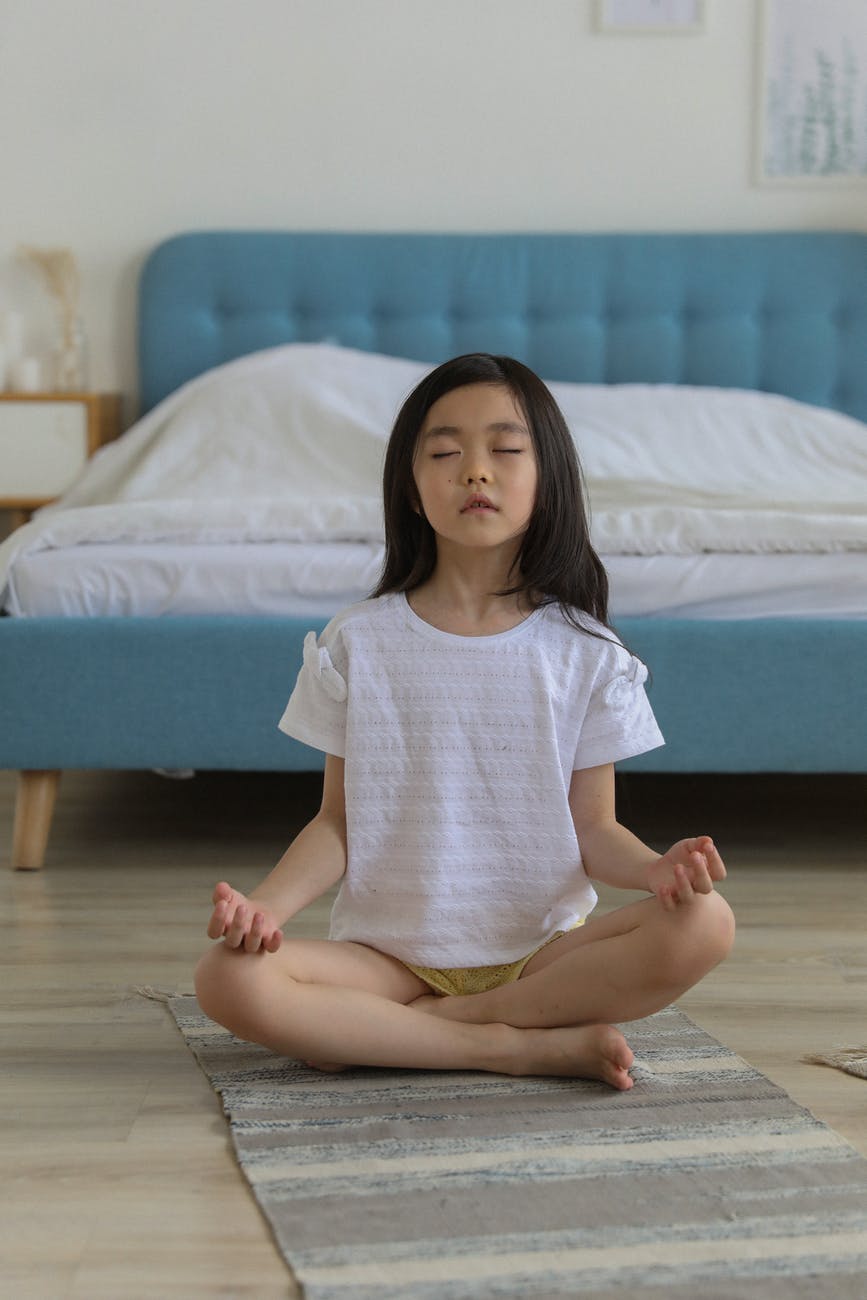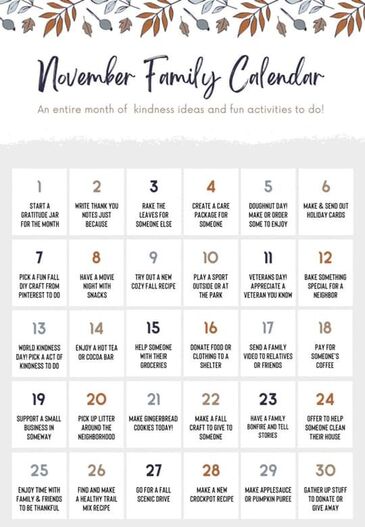
1. Attend Back-to-School Night and Parent-Teacher Conferences
Kids do better in school when parents are involved in their academic lives. Attending back-to-school night at the start of the school year is a great way to get to know your child's teachers and their expectations.
Attending parent-teacher conferences is another way to stay informed. These are usually held once or twice a year at progress reporting periods. The conferences are a chance to start or continue conversations with your child's teacher, and discuss strategies to help your child do his or her best in class. Meeting with the teacher also lets your child know that what goes on in school will be shared at home.
If your child has special learning needs, additional meetings can be scheduled with teachers and other school staff to consider setting up or revising IEP's 504 educational plans, or gifted educational plans.
Keep in mind that parents or guardians can request meetings with teachers, principals, school counselors, or other school staff any time during the school year.
2. Visit the School and Its Website
Knowing the physical layout of the school building and grounds can help you connect with your child when you talk about the school day. It's good to know the location of the main office, school nurse, cafeteria, gym, athletic fields, playgrounds, auditorium, and special classes.
On the school website, you can find information about:
- the school calendar
- staff contact information
- upcoming events like class trips
- testing dates
Homework in elementary school reinforces and extends classroom learning and helps kids practice important study skills. It also helps them develop a sense of responsibility and a work ethic that will benefit them beyond the classroom.
In addition to making sure your child knows that you see homework as a priority, you can help by creating an effective study environment. Any well-lit, comfortable, and quiet workspace with the necessary supplies will do. Avoiding distractions (like a TV in the background) and setting up a start and end time can also help.
A good rule of thumb for an effective homework and/or study period is roughly 10 minutes per elementary grade level. Fourth-graders, for example, should expect to have about 40 minutes of homework or studying each school night. If you find that it's often taking significantly longer than this guideline, talk with your child's teacher.
While your child does homework, be available to interpret assignment instructions, offer guidance, answer questions, and review the completed work. But resist the urge to provide the correct answers or complete the assignments yourself. Learning from mistakes is part of the process and you don't want to take this away from your child.
4. Send Your Child to School Ready to Learn
A good night's sleep and a nutritious breakfast fuels up kids and gets them ready for the day. In general, kids who eat breakfast have more energy and do better in school. Kids who eat breakfast also are less likely to be absent and make fewer trips to the school nurse with stomach complaints related to hunger.
You can help boost your child's attention span, concentration, and memory by providing breakfast foods that are rich in whole grains, fiber, and protein, as well as low in added sugar. If your child is running late some mornings, send along fresh fruit, nuts, yogurt, or half a peanut butter and banana sandwich. Many schools provide nutritious breakfast options before the first bell.
Kids also need a good night of sleep to be alert and ready to learn all day. Most school-age kids need 10 to 12 hours of sleep a night. Bedtime difficulties can arise at this age for a variety of reasons. Homework, sports, after-school activities, TVs, computers, and video games, as well as hectic family schedules, can contribute to kids not getting enough sleep.
Lack of sleep can cause irritable or hyperactive behavior and might make it hard for kids to pay attention in class. It's important to have a consistent bedtime routine, especially on school nights. Be sure to leave enough time before bed to allow your child to unwind before lights out and limit stimulating diversions like TV and video games.
5. Teach Organizational Skills
When kids are organized, they can stay focused instead of spending time hunting things down and getting sidetracked.
Being organized in elementary school means having an assignment book and homework folder (many schools supply these) to keep track of homework and projects.
Check your child's assignment book and homework folder every school night so you are familiar with assignments and your child doesn't fall behind. Set up a bin for papers that you need to check or sign. Also, keep a special box or bin for completed and graded projects.
Talk to your child about keeping his or her school desk orderly so papers that need to come home don't get lost. Teach your child how to use a calendar or personal planner to help stay organized.
It's also helpful to teach your child how to make a to-do list to help prioritize and get things done. It can be as simple as:
- homework
- soccer
- put clothes away
6. Teach Study Skills
Studying for a test can be scary for young kids, and many educators assume parents will help their kids during the grade-school years. Introducing your child to study skills now will pay off with good learning habits throughout life.
In elementary school, kids usually take end-of-unit tests in math, spelling, science, and social studies. Be sure to know when a test is scheduled so you can help your child study ahead of time rather than just the night before. You also might need to remind your child to bring home the right study materials, such as notes, study guides, or books.
Teach your child how to break down overall tasks into smaller, manageable chunks so preparing for a test isn't overwhelming. You also can introduce your child to tricks like mnemonic devices to help with recalling information. Remember that taking a break after a 45-minute study period is an important way to help kids process and remember information.
Your child probably will be introduced to standardized testing in elementary school. While students can't really study for standardized tests, some teachers provide practice tests to help ease students' worries.
In general, if studying and testing becomes a source of stress for your child, discuss the situation with the teacher or school counselor.
7. Know the Disciplinary Policies
Schools usually cite their disciplinary policies (sometimes called the student code of conduct) in student handbooks. The rules cover expectations, and consequences for not meeting the expectations, for things like student behavior, dress codes, use of electronic devices, and acceptable language.
The policies may include details about attendance, vandalism, cheating, fighting, and weapons. Many schools also have specific policies about bullying. It's helpful to know the school's definition of bullying, consequences for bullies, support for victims, and procedures for reporting bullying.
It's important for your child to know what's expected at school and that you'll support the school's consequences when expectations aren't met. It's easiest for students when school expectations match the ones at home, so kids see both environments as safe and caring places that work together as a team.
8. Get Involved
Whether kids are just starting kindergarten or entering their last year of elementary school, there are many good reasons for parents to volunteer at school. It's a great way for parents to show they're interested in their kids' education.
Many grade-schoolers like to see their parents at school or at school events. But follow your child's cues to find out how much interaction works for both of you. If your child seems uncomfortable with your presence at the school or with your involvement in an extracurricular activity, consider taking a more behind-the-scenes approach. Make it clear that you aren't there to spy — you're just trying to help out the school community.
Parents can get involved by:
- being a classroom helper or homeroom parent
- organizing and/or working at fundraising activities and other special events, like bake sales, car washes, and book fairs
- chaperoning field trips
- planning class parties
- attending school board meetings
- joining the school's parent-teacher group
- working as a library assistant
- reading a story to the class
- giving a talk for career day
- attending school concerts or plays
9. Take Attendance Seriously
Of course, sick kids should stay home from school.
Otherwise, it's important that kids arrive at school on time every day, because having to catch up with class work and homework can be stressful and interfere with learning.
If your child misses a lot of school due to illness, make sure to check with the teacher about any work that needs to be completed. It's also a good idea to know the school's attendance policy.
Sometimes students want to stay home from school because of problems with classmates, assignments or grades, or even teachers. This can result in real symptoms, like headaches or stomachaches. If you think there's a problem at school, talk with your child — and then perhaps with the teacher — to find out more about what's causing the anxiety. The school counselor or psychologist also might be able to help.
Also try to avoid late bedtimes, which can result in tardy and tired students. A consistent sleep schedule also can help students.
10. Make Time to Talk About School
It's usually easy to talk with elementary students about what's going on in class and the latest news at school. You probably know what books your child is reading and are familiar with the math being worked on. But parents can get busy and forget to ask the simple questions, which can have an effect on children's success at school.
Take time every day to talk to your child so he or she knows that what goes on at school is important to you. When kids know parents are interested in their academic lives, they'll take school seriously as well.
Because communication is a two-way street, the way you talk and listen to your child can influence how well your child listens and responds. It's important to listen carefully, make eye contact, and avoid multitasking while you talk. Be sure to ask questions that go beyond "yes" or "no" answers.
Besides during family meals, good times to talk include car trips (though eye contact isn't needed here, of course), walking the dog, preparing meals, or standing in line at a store.
These early years of schooling are an important time for parents to be informed and supportive about their child's education and to set the stage for children to develop and grow as young learners.












